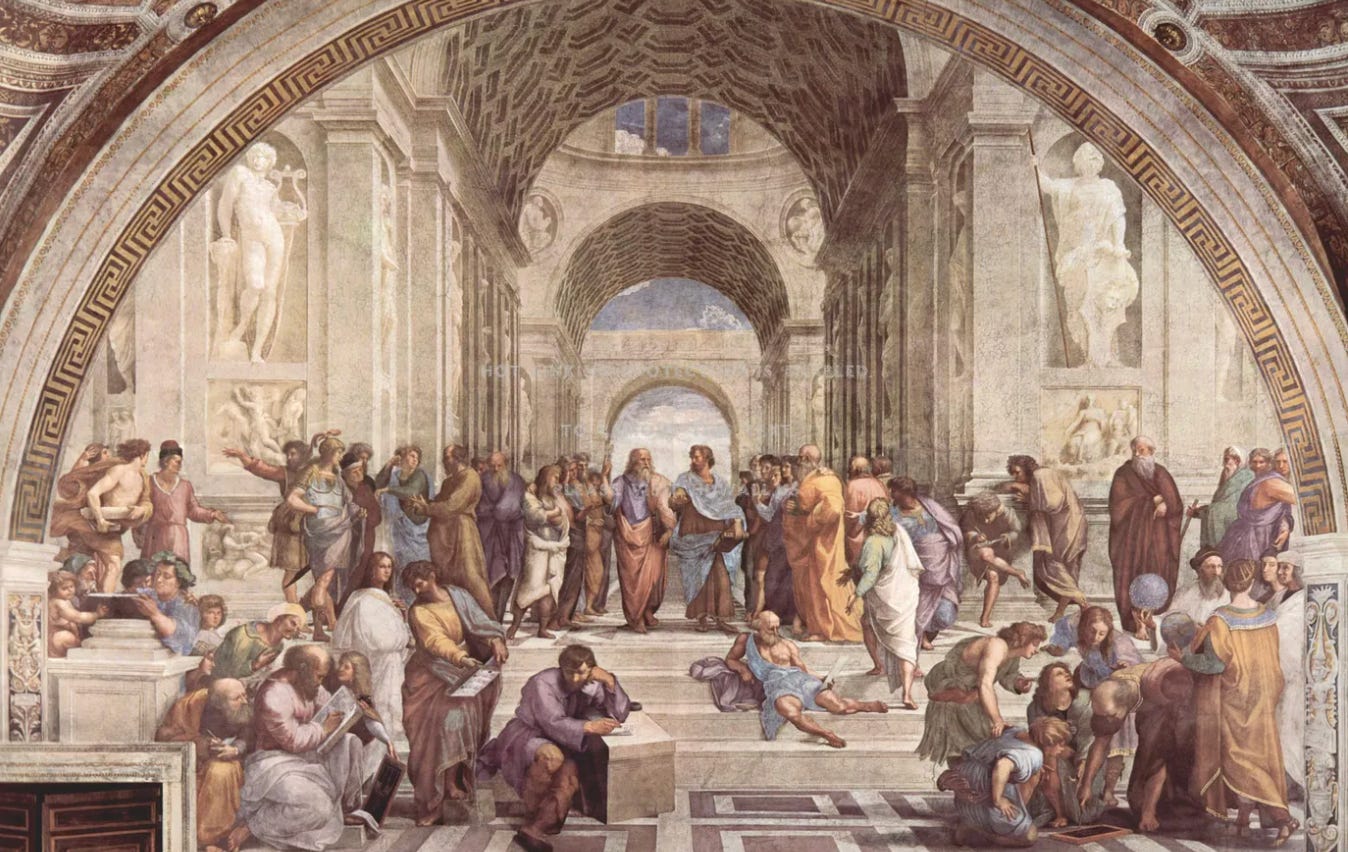The Biggest Problem With Democracy
Socrates' waring was correct
Democracy has long been celebrated as “the worst form of Government except for all those other forms” (Winston Churchill). The United States built its identity by presenting democracy as both a universal truth and a moral high ground. But democracy, like any political system, is not flawless. And its biggest flaw is simple but devastating: leaders are c…



